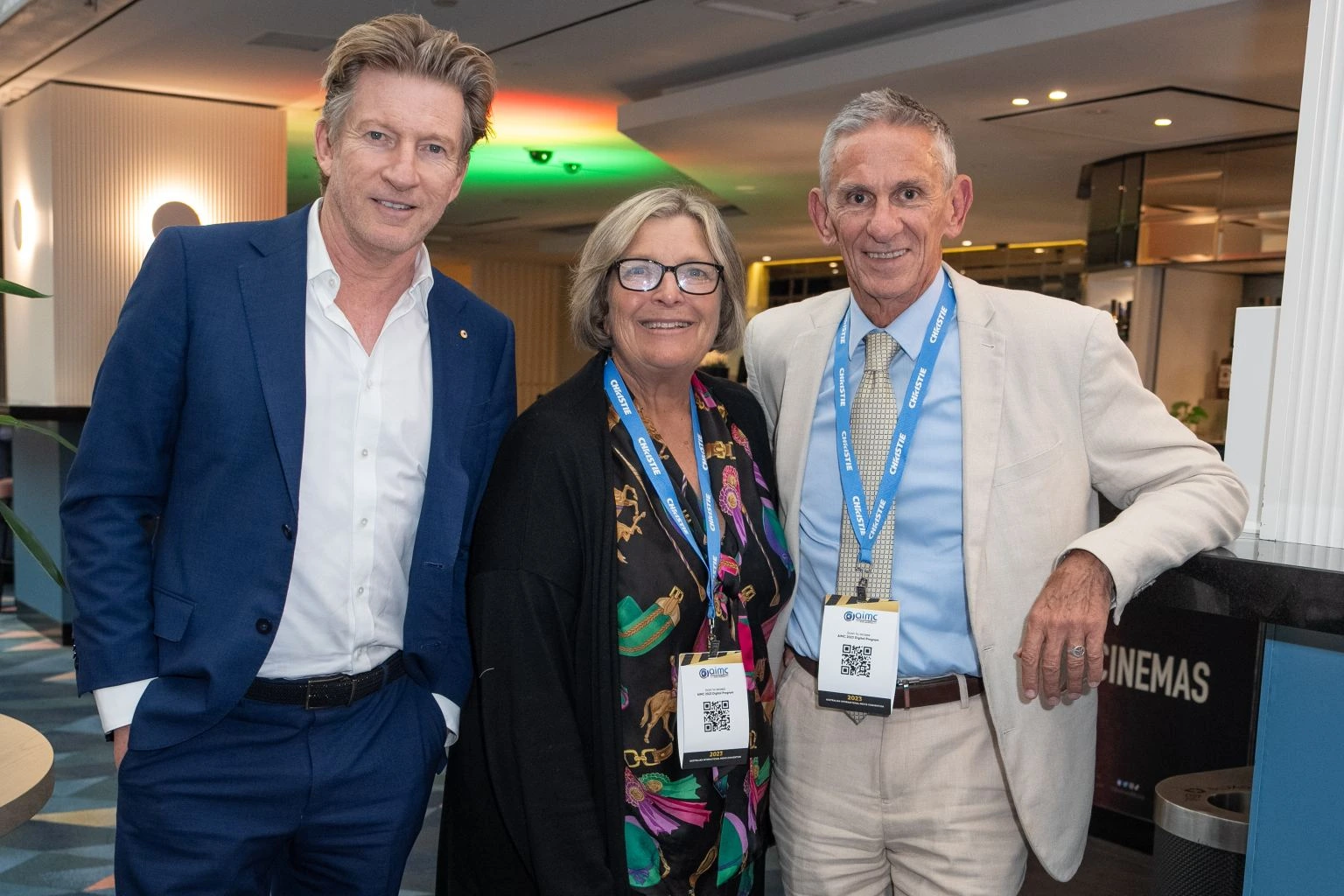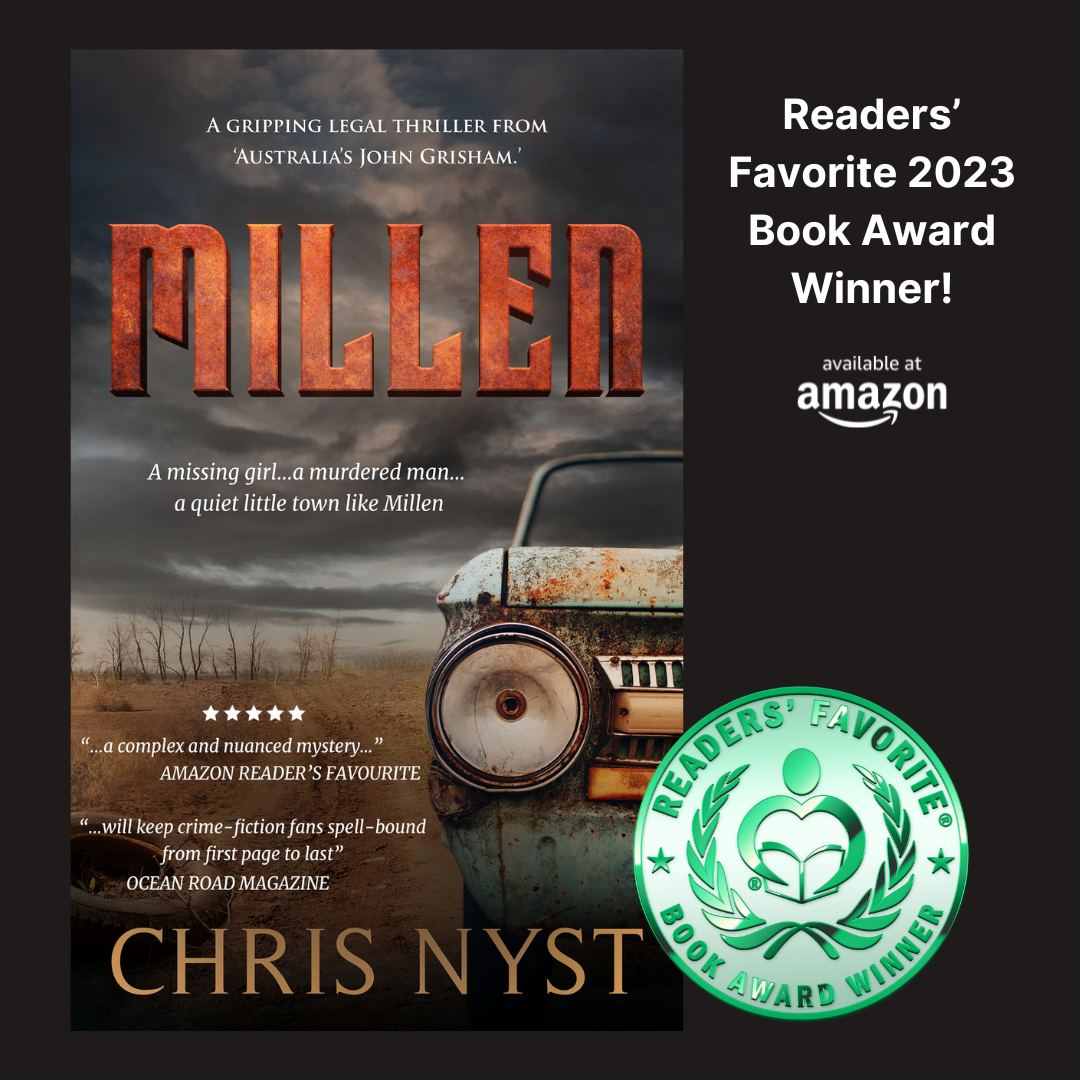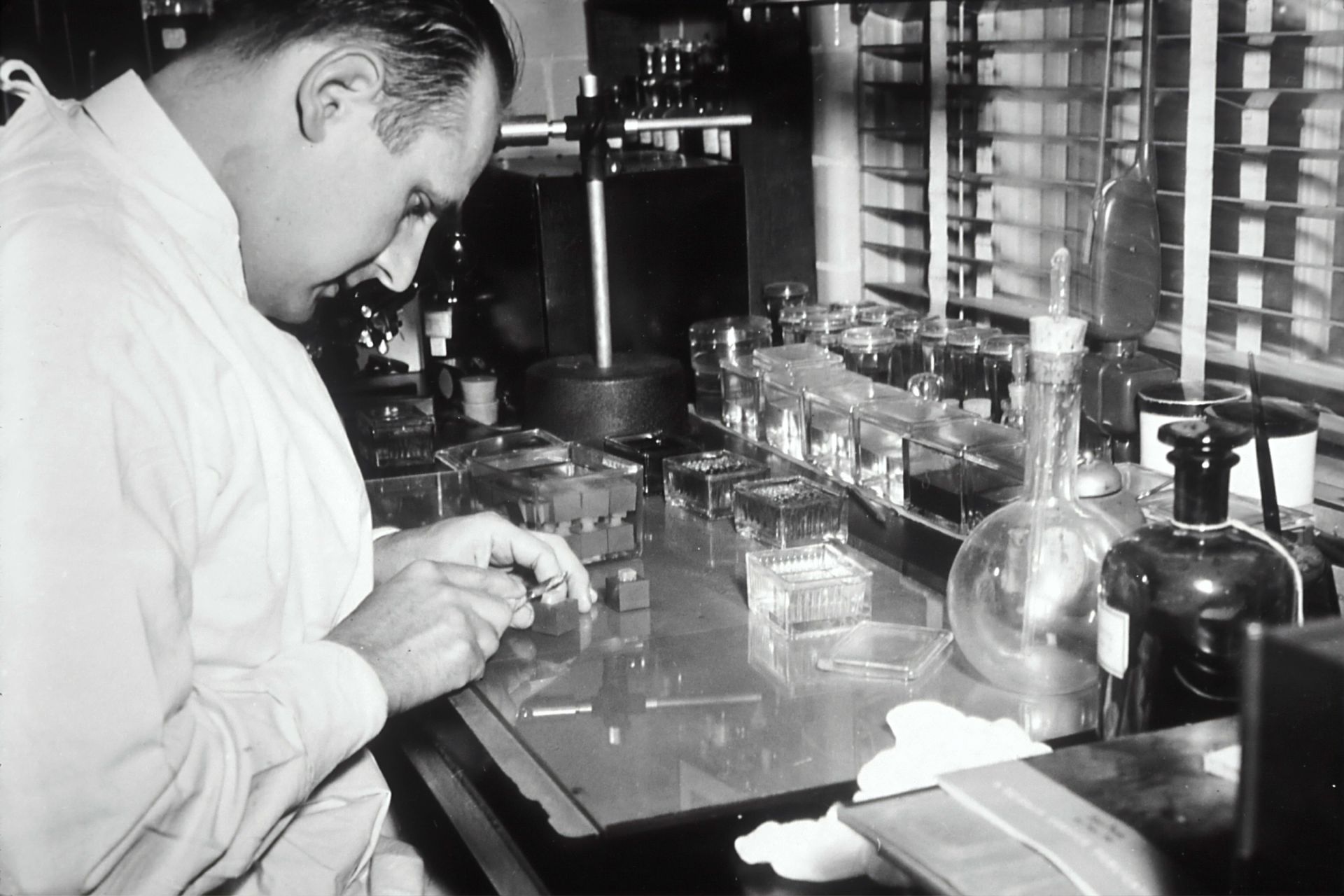In the fourth century BC, the Ancient Greek philosopher, Aristotle, first ascribed the title “ethics” to the rational study of how humans should best live their lives. He considered that discourse to be related to, but in essential tension with, the pursuit of politics, in that the former concerned the welfare of the individual, while the latter concentrated on the interests of the state.
That Aristotelian observation has come into sharp focus in this age of COVID crisis. As governments around the world grapple with the agonizing cost/benefit analysis around forced lockdowns and mandated vaccinations, they find themselves inevitably torn between two diametrically opposing schools of ethical evaluation – utilitarianism and deontology.
From a utilitarian perspective, the end justifies the means, and laws that serve the greatest good for the greatest number should always be preferred. Conversely, deontology prioritises the morality of every action, making impermissible the ‘sacrifice’ of any individual human life or liberty, regardless of what benefits may follow.
The 20th century English philosopher Philippa Ruth Foot, one of the founders of contemporary virtue ethics, was an avid student of the thoughts of Aristotle. During the 1960s, she developed what has become broadly known as “The Trolley Problem,” a thought experiment based on the following stylised ethical dilemma: –
There is a runaway trolley barreling down the railway tracks. Ahead, on the tracks, there are five people tied up and unable to move. The trolley is headed straight for them. You are standing some distance off in the train yard, next to a lever. If you pull this lever, the trolley will switch to a different set of tracks. However, you notice that there is one person on the side track. You have two options:
1. Do nothing and allow the trolley to kill the five people on the main track.
2. Pull the lever, diverting the trolley onto the side track where it will kill one person.
Which is the more ethical option? Or, more simply: What is the right thing to do?
So when it comes to COVID, which way do we best live our lives?
A close inspection of the facts may readily conclude the COVID-19 trolley problem is anything but straightforward. Lockdowns, vaccines, and immeasurable potential consequences, throw up a myriad of possible paths to follow, and ‘levers’ to pull. But crucially, the consequences of such choices still remain disturbingly uncertain.
According to Australian government sources, the risk of death upon contracting COVID-19 is 1 in 35 (2.8%), with such risks increasing exponentially in older age groups. Between 10% and 30% of those infected also suffer from long-term health issues, the consequences of which are currently not fully understood. Not surprisingly, at the start of the pandemic, there was broad acceptance that the risks were dire enough to necessitate strict measures such as border-closures, quarantines and lockdowns, and legislatures acted accordingly.
But, as the social and economic impacts of such measures begin to emerge, community attitudes are becoming more divided. According to the Australian Financial Review, Sydney’s lockdown costs the state approximately $150 million per day, and the Sydney Morning Herald reports that during the height of the COVID restrictions in 2020, there was a five-fold increase in Australians experiencing moderate to severe symptoms of mental ill-health. Moreover, in late 2020, medical authorities noted a worrying increase in the number of patients having missed vital check-ups for cervical and other forms of cancer, raising grave concerns of a future flareup of undiagnosed medical conditions.
Vaccines may be our best way out of that pickle, but therein lies a further trolley problem. Should governments make vaccination mandatory, or optional? The Astra Zeneca vaccine has proved extremely effective in preventing COVID deaths, with less than a one-in-one-million chance of consequential blood clotting. On that basis, the utilitarians among us would no doubt like to force everyone to take the jab, just as all citizens are legally bound to wear seat belts. But then, the deontologists would surely argue that, notwithstanding the low risks and reported benefits, no government should have the power to force any citizen to effectively play lotto with their life.
Perhaps the key take-away is that, while the consequences are unclear, the 21st century, COVID-19 version of the trolley problem is a very complex one indeed, and there may be much folly in framing the discourse as a binary choice between ‘saving one life as opposed to five,’ or vice versa. The conundrum will no doubt be debated for some years to come and, in the meantime, our policy makers must do their best to guess the long-term consequences, before pulling any levers.













